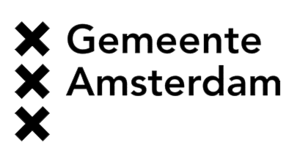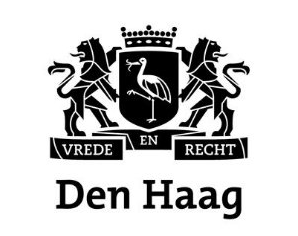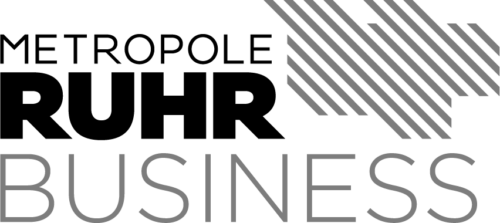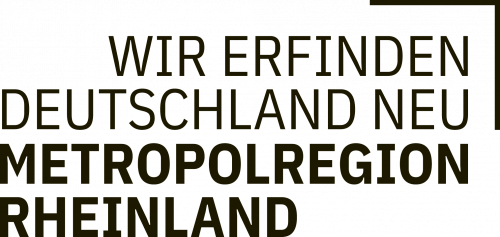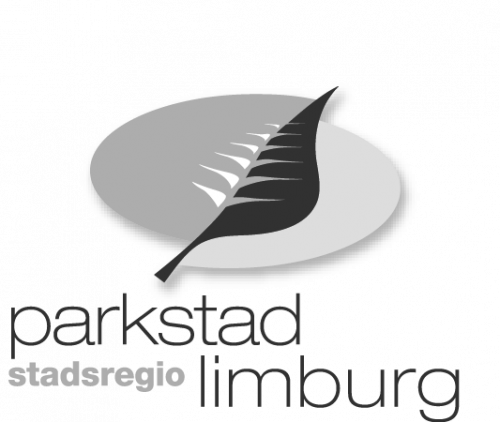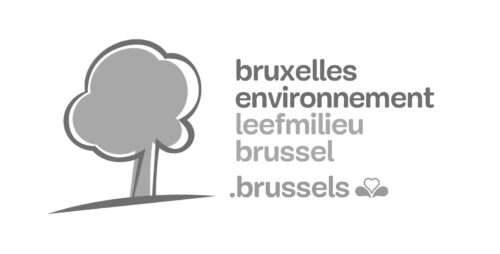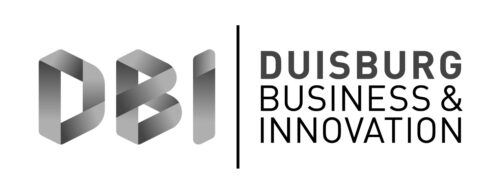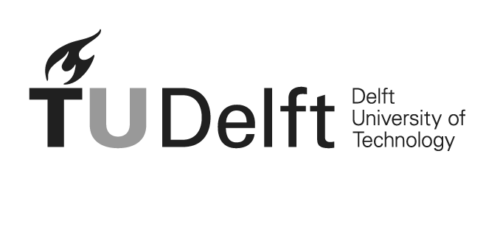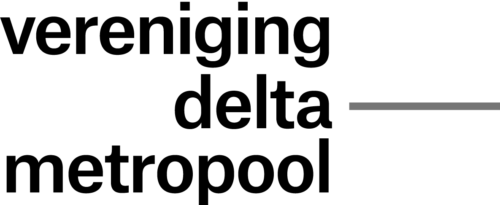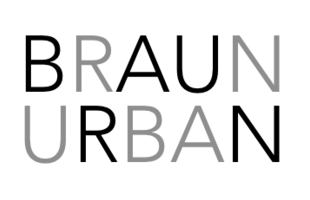Boosting a circular built environment
ASSET Project
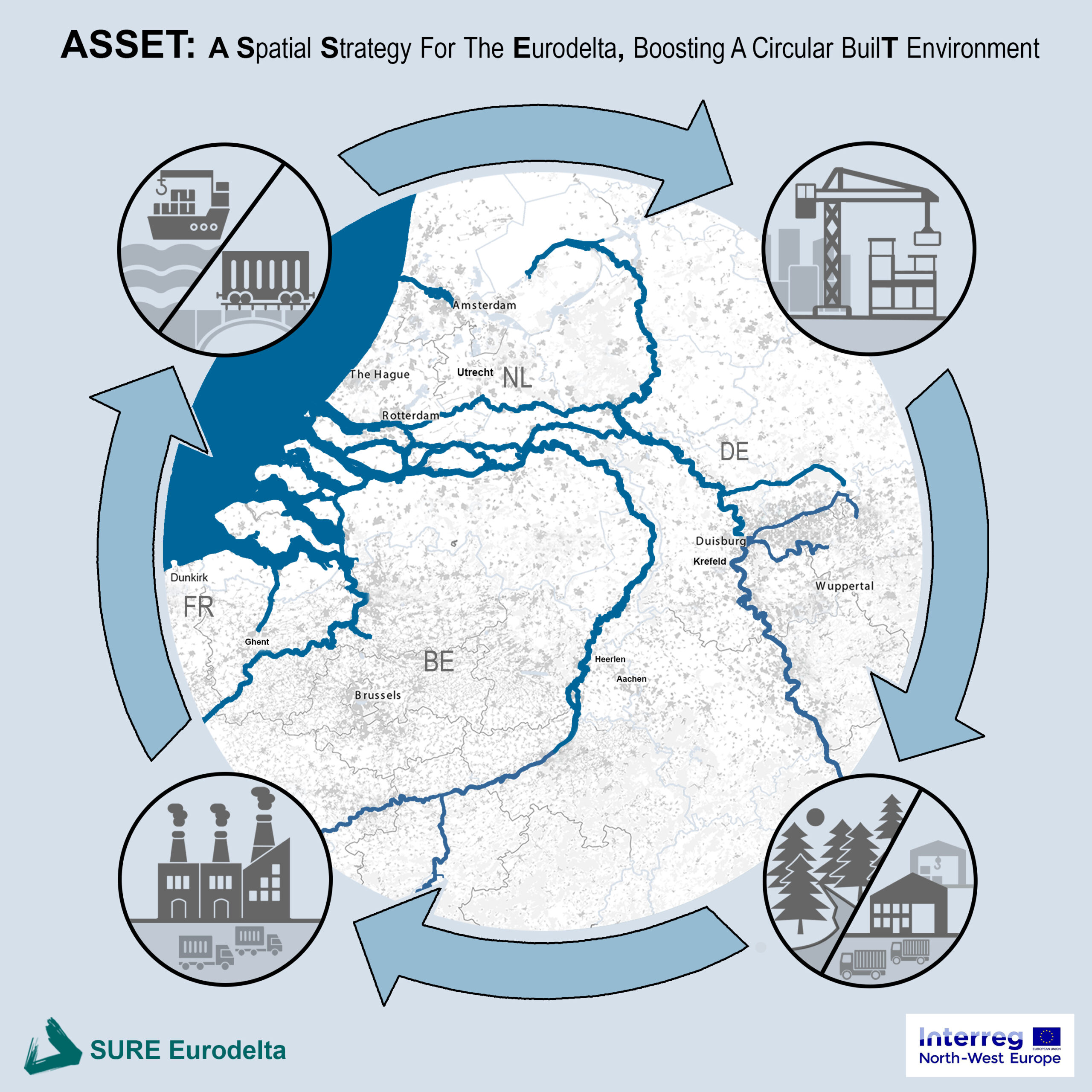
A circular built environment (CBE) comes with new and greater demand for space. For example, physical space is needed for circular building hubs, storage and sorting areas for reused materials and for developing biobased materials, etc. This transition adds to the spatial claims of the energy transition, climate adaptation and regeneration of biodiversity.
Materials used in the built environment and labor forces move within the Eurodelta everyday – crossing borders in the Free European Market. The Eurodelta is a highly urbanized agglomaration of urban centers within North-West Europe located in the Rhine Meuse Delta. In the ASSET project, 40 affiliated partners from Belgium, the Netherlands, North Rhine Westphalia and North of France will explore whether the transition to a circular built environment can be accelerated through a collaboration across borders. The focus of the project is the spatial implications that this transition requires. Can local spatial challenges be solved by this collaboration?
This space issue is still largely unknown territory; policymakers are only beginning to realize the far-reaching spatial implications of a truly circular built environment. These effects will be mapped out in this project. The aim is for the Eurodelta, to become a blueprint for a European circular built environment (CBE) on a mega-regional scale and probably the first of its kind in Europe. The project ASSET aims to develop a spatial strategy for a CBE in the Eurodelta that would support the partners in establishing a jump in scale from the urban/regional level to a larger mega-regional spatial perspective.
The project focuses on the analysis of policies, best practices and organizing local workshops to find joint ambitions, tasks and solutions. The results, such as spatial design principles, measures and best practices are to be shared between the partners and other European regions and cities that want to be involved.
To generate new perspectives, the research partners will provide scientific support through student workshops and university courses. Students will be asked to come up with innovative solutions that provide insight into circular design principles at various spatial scales (building, neighborhood, city, mega-regional). Their suggestions and design proposals are to be discussed with other governments, businesses and NGOs to then develop a strategy for next steps. This would include further opportunities for interregional cooperation.
A three-day workshop enables the affiliated partners to jointly develop and adopt a strategy for the circular built environment (CBE) at the Eurodelta level. This is expected to take place in mid-2025.
During a final conference, the partners will share the results of the research with policymakers at European and member states level as well as central authorities. The aim is to gain insight into concrete follow-up actions. The ASSET project is one of the 15 projects approved for INTERREG North-West Europe’s call 3 (for small scale projects), which will span for 18 months starting in Spring 2024 and comprises of main partners from Belgium, the Netherlands, and North-West Germany. They include the City of Amsterdam (lead partner), the Municipality of The Hague, Province of South Holland, TU Delft, Brussels Environment, Perspective Brussels, Metrex, Duisburg Business & Innovation GmbH, Krefeld Business, RWTH Aachen University and Deltametropolis Association. In addition, 30 associated organizations are also part of ASSET, which include NGOs, contractors, and the construction industry and logistics across the Netherlands, Belgium, North-West Germany and Northern France.
The decision of approved projects (including ASSET) for Call 3 can be found on the following INTERREG N-W Europe webpage:
https://www.nweurope.eu/blog/nwe-programme-news-1/call-3-15-projects-approved-81
